Increasing Vehicle Production
The Automobile Fasteners Market is significantly influenced by the rising production of vehicles across various segments. As automotive manufacturers ramp up production to meet consumer demand, the need for reliable and high-quality fasteners becomes paramount. In recent years, vehicle production has shown a steady increase, with millions of units being manufactured annually. This growth is driven by factors such as urbanization, rising disposable incomes, and a growing preference for personal vehicles. Consequently, the demand for fasteners, which are essential components in vehicle assembly, is expected to rise correspondingly. This trend suggests that the Automobile Fasteners Market will continue to expand as manufacturers seek to enhance the structural integrity and safety of vehicles through the use of advanced fastening solutions.
Emergence of Advanced Materials
The Automobile Fasteners Market is witnessing a shift towards the use of advanced materials in fastener production. Manufacturers are increasingly adopting lightweight and high-strength materials, such as titanium and advanced polymers, to enhance the performance and efficiency of fasteners. This trend is particularly relevant in the context of the automotive industry's focus on reducing vehicle weight to improve fuel efficiency and reduce emissions. The integration of these advanced materials not only contributes to the overall performance of vehicles but also aligns with the industry's sustainability goals. As the demand for innovative fastening solutions grows, the Automobile Fasteners Market is likely to evolve, with manufacturers exploring new material options to meet the changing needs of the automotive sector.
Expansion of Automotive Aftermarket
The Automobile Fasteners Market is poised for growth due to the expansion of the automotive aftermarket. As vehicles age, the need for replacement parts, including fasteners, becomes increasingly critical. The aftermarket segment is projected to grow as consumers seek to maintain and repair their vehicles, thereby driving demand for various fasteners. This trend is further supported by the increasing complexity of modern vehicles, which often require specialized fasteners for repairs and upgrades. Additionally, the rise of online platforms for automotive parts sales is making it easier for consumers to access high-quality fasteners. This shift in consumer behavior indicates a robust opportunity for the Automobile Fasteners Market to cater to the evolving needs of vehicle owners and service providers.
Regulatory Compliance and Safety Standards
The Automobile Fasteners Market is significantly impacted by stringent regulatory compliance and safety standards imposed on the automotive sector. Governments worldwide are increasingly focusing on enhancing vehicle safety, which necessitates the use of high-quality fasteners that meet specific performance criteria. Compliance with these regulations not only ensures the safety of vehicles but also influences the design and manufacturing processes of fasteners. As a result, manufacturers are compelled to innovate and produce fasteners that adhere to these standards, thereby driving market growth. The emphasis on safety and quality assurance in the automotive industry suggests that the demand for reliable fasteners will continue to rise, reinforcing the importance of regulatory compliance in shaping the future of the Automobile Fasteners Market.
Technological Advancements in Manufacturing
The Automobile Fasteners Market is experiencing a notable transformation due to technological advancements in manufacturing processes. Innovations such as automated assembly lines and precision engineering are enhancing the efficiency and quality of fasteners. These advancements not only reduce production costs but also improve the durability and performance of fasteners used in vehicles. As manufacturers adopt advanced materials and techniques, the market is likely to witness a surge in demand for high-performance fasteners. Furthermore, the integration of smart technologies in manufacturing processes may lead to the development of intelligent fasteners that can monitor their own condition, thereby increasing safety and reliability in automotive applications. This trend indicates a shift towards more sophisticated manufacturing capabilities, which could potentially reshape the competitive landscape of the Automobile Fasteners Market.


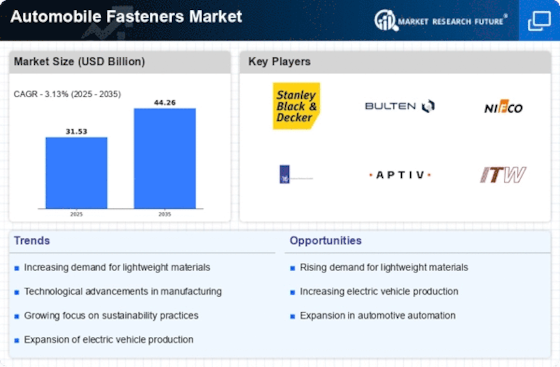
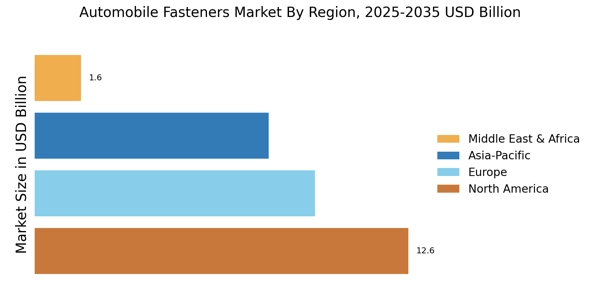

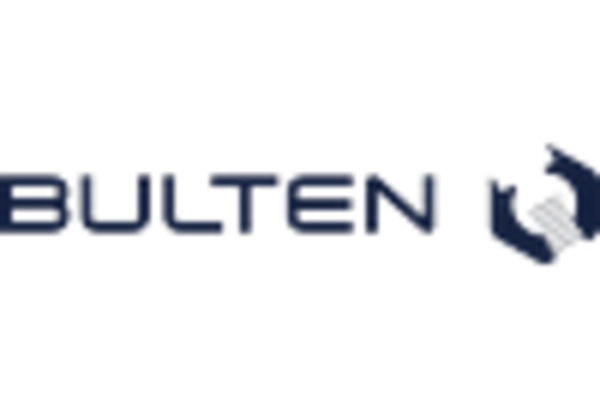
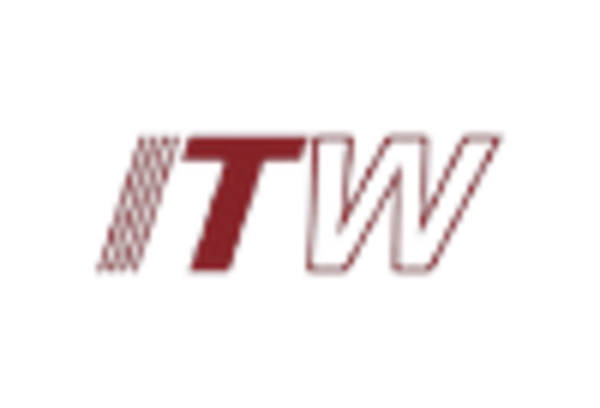
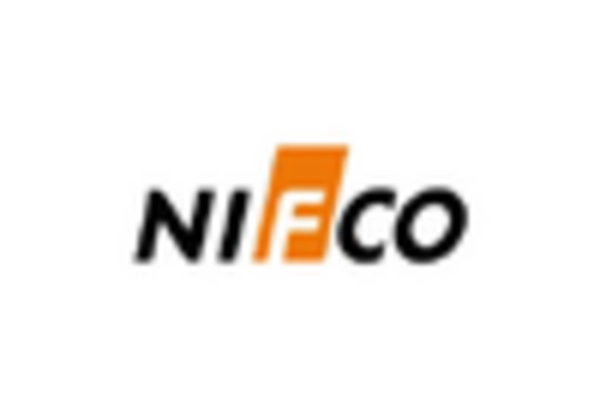


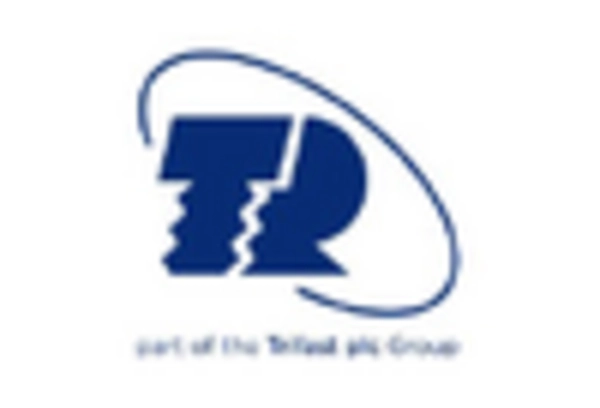








Leave a Comment